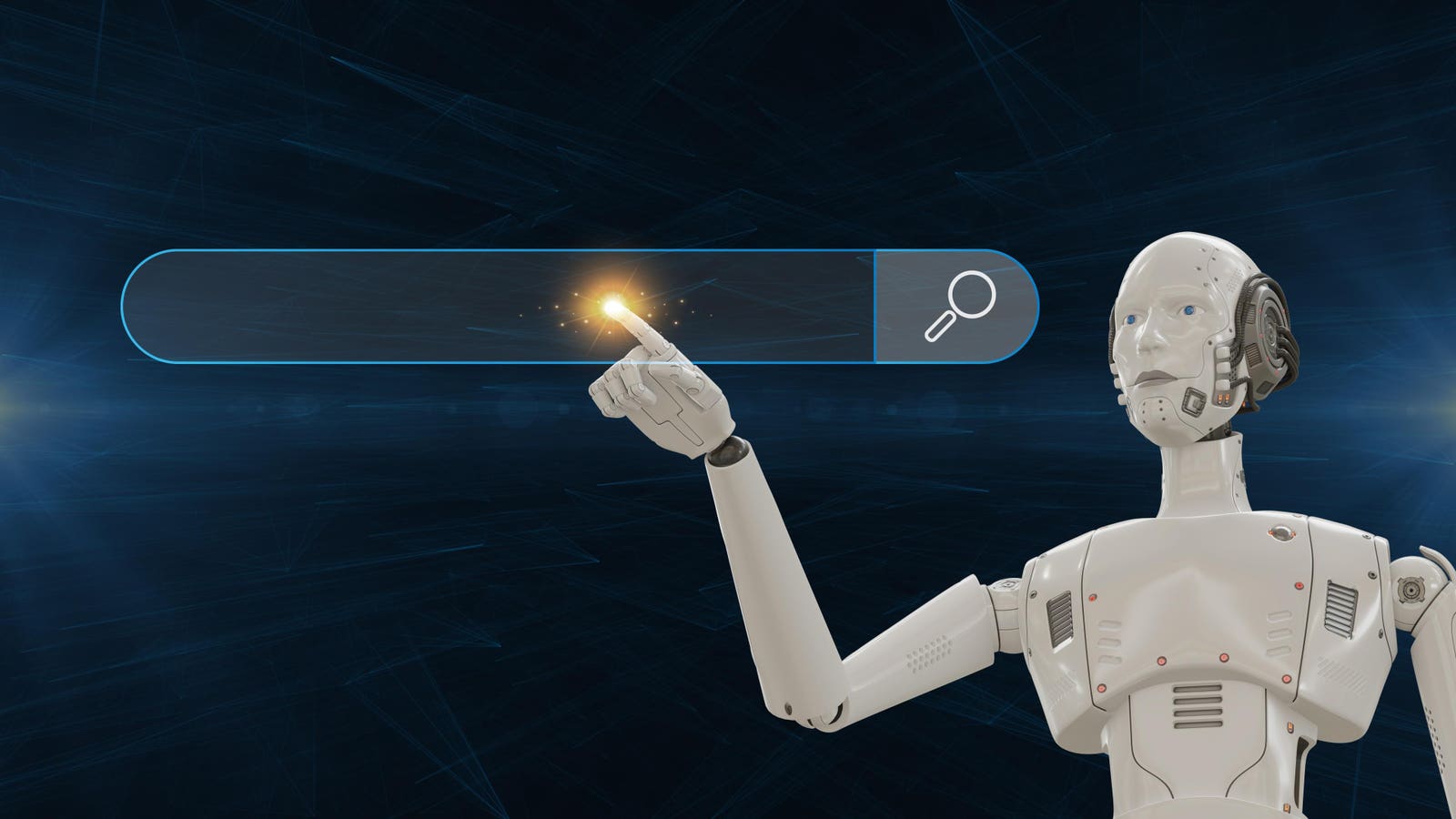Joao Cardoso, Chief Innovation and Digital Officer at Teleperformance.
When we think about AI in customer service, it’s easy to fall for the myth that it can fully replace human customer service agents. But here’s the reality: When customers reach out for support, they’re seeking something AI alone cannot provide. They want prompt solutions, empathy and the confidence that their issue has been resolved. While AI plays a crucial role in transforming customer experience (CX), its greatest value isn’t in replacing workers but in augmenting their ability to deliver exceptional, human-centric service.
The notion of replacing human agents with AI came under scrutiny in February 2024 when Klarna’s CEO proudly claimed AI had replaced the equivalent of 700 customer service agents—a statement that ignited heated debates. As the dust settled, one insight became clear to companies worldwide: Using AI as a tool to empower customer service agents produces better outcomes than trying to phase them out entirely.
A 2024 McKinsey survey showed that respondents of all ages preferred phone conversations when contacting companies for help and support. That finding held true even among Gen-Z consumers. This preference for phone conversations when seeking help from brands is among the reasons why today’s leading companies are pivoting toward AI-enabled, people-driven CX strategies—where the focus is on the “human” aspect of engagement, boosted by the powerful capabilities of AI.
Tapping AI To Augment Human-Centric CX
AI’s customer experience applications shine brightly when they provide insights and communication support that help agents resolve customer issues more quickly while connecting more closely with customers on a personal level. Far from taking over, AI tools are stepping up as valuable assistants to enhance worker performance, strengthen agent insights and boost customer satisfaction. Here are a few examples of how AI is redefining CX by complementing human capabilities:
• Automating Mundane Tasks: AI tools handle repetitive administrative tasks, freeing up agents to focus on meaningful, customer-facing interactions.
• Faster, More Accurate Insights: AI applications can help agents quickly identify customer needs and even suggest pre-written solutions, allowing agents to resolve issues faster and more effectively while maintaining a personal touch.
• Breaking Language Barriers: Advanced AI tools can ease language challenges in global service delivery with real-time speech understanding in support of smooth interactions between agents and customers across different regions.
This dynamic combination of AI-powered, people-centered support fosters deeper customer loyalty. Workers empowered by AI build trust through empathy, creativity and problem-solving—qualities that machines alone simply can’t deliver.
Creating A Human-Centric AI Strategy For CX
Integrating AI tools into CX programs should be a careful, intentional process that prioritizes meaningful outcomes over cost-cutting shortcuts. Here’s how leaders can implement an AI strategy to build stronger CX programs:
1. Clearly Define The Problem
Begin by pinpointing the main issues in your customer care delivery. AI should address these gaps effectively, but a blanket implementation can lead to failure if the goals are too broad. Often, the most effective AI implementation involves using multiple layered, complementary AI tools in tandem. For instance, one tool might analyze customer interactions to suggest optimal next steps while another provides pre-set response templates for agents to customize. Such integrations reduce friction, helping employees zero in on what matters most—the customer.
2. Double Down On High-Touch Engagement
AI’s ability to take on simpler tasks means agents have more time to tackle complex issues. This is the moment to invest in your workforce. Upskilling employees to strengthen their communication and soft skills can help them handle high-stakes and sensitive situations with finesse. For example, at TP, we’ve implemented a global AI and emotional intelligence training program to empower our teams to deliver thoughtful, high-quality service for even the trickiest cases.
3. Pilot, Test And Iterate
Small-scale pilots allow businesses to refine their AI tool use, ensuring it positively impacts key metrics like customer satisfaction and loyalty without unintended consequences. One cautionary example involves companies that rush to deploy AI chatbots to slash costs, only to face higher customer churn due to a drop in satisfaction. Testing avoids such pitfalls, letting you align AI strategies with long-term goals.
Why AI-Powered Workers Are The Future Of CX
By combining AI with human intuition and empathy, companies can create a customer engagement strategy that is both efficient and meaningful. Implementing advanced analytics and AI-driven tools enables workers to anticipate customer needs, deliver personalized experiences and resolve issues with speed and precision. However, the human element remains irreplaceable in fostering trust, understanding nuanced situations and delivering genuinely satisfying interactions. Striking the right balance between AI-driven innovation and human touch isn’t just a competitive advantage; it’s a necessity in a world where customer expectations continually evolve.
Forward-thinking companies are already proving this approach. By using AI to augment worker productivity and empower more personalized engagement, they’re creating a more seamless, meaningful CX experience. Brands that can strike this balance are not only gaining a competitive advantage but are also earning lasting loyalty from their customers.
Final Thought
Organizations willing to invest in a people-first AI approach to CX will find themselves on the winning side of customer interactions in the years to come. If your brand isn’t making your customers feel valued right now, rest assured that your competitors are ready to step in.
AI isn’t the answer to every CX challenge, but when embraced strategically and responsibly, it’s the key to unlocking extraordinary, human-centered service.
Forbes Technology Council is an invitation-only community for world-class CIOs, CTOs and technology executives. Do I qualify?









